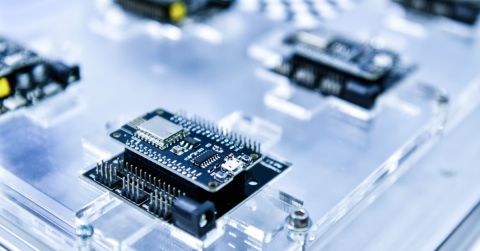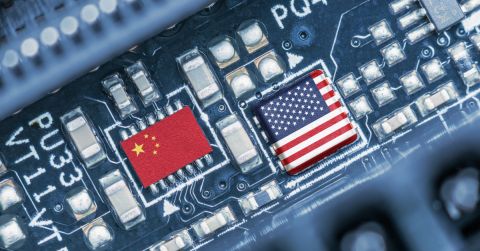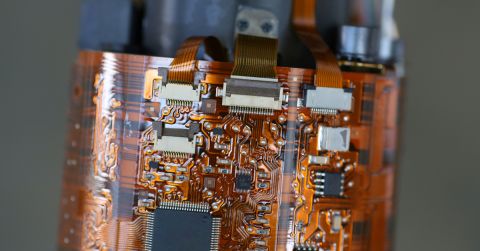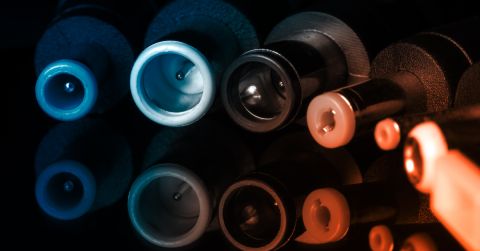PEI-Genesis Q+A | D-Sub Connectors

Few connectors are as versatile as D-Subminiature connectors. This versatility, coupled with a rugged design, has made them nearly ubiquitous; appearing everywhere from consumer electronics to spacecraft. Whether you’re designing a printer or an extraterrestrial rover, there’s a good chance you’ll want to include a D-Sub connector in your design.
So what exactly is a D-Sub connector and when should you choose them over other connection options?
To learn more about D-Sub connectors, we spoke with the connector experts at PEI-Genesis.
What are the features of a D-Sub connector that make them unique?
PEI-Genesis: The D-Shaped metal shell makes them unique when comparing them to your standard circular connector. This metal shell helps with proper mating, provides support, and assists in ensuring correct orientation and can also provide EMI shielding.
There are many performance features that make D-Sub connectors unique depending on the application and the type of D-Sub. For the most widely used D-Sub connectors, the features are the following:
-
Solder, straight & right-angle PCB terminations
-
Crimp terminations
-
Temperature Range: -55°C to +125°C & -50°C to +150°C
-
Operating Voltage: Up to 400V DC/AC
-
Durability up to 500 mating cycles
-
Contact current rating: 7.5A for standard density layouts 5.0A for high-density layouts
-
Non-magnetic versions available
-
Variety of mounting configurations and accessories available
-
Smaller footprints for high-density right-angle PCB styles are to be released in the next 12 months for space-saving on PCB boards.
As with other types of connectors, there are a number of subcategories within the D-Sub family. What are the most common types of D-Subs and what characteristics define these different types?
PEI-Genesis: In addition to the standard density D-Sub there is:
-
High-density D-Sub: These provide a higher pin/contact count, which reduces their overall form factor.
-
Microminiature D-Sub: As the name applies, these are smaller in size compared to standard D-Subs, which makes them a great option for applications that have strict weight and space requirements.
-
Combination D-Sub: This type provides a mixed assembly of contacts in one fully shielded product. This could include a mix of power, data, high voltage, and/or signal contacts.
When should an engineer consider using D-Sub connectors over other types?
PEI-Genesis: If the application demands a small, form, factor type connector, then a D-Sub connector may be the right choice. Additionally, they tend to be cost-effective, readily available, rugged, with high reliability and performance, and offer a wide range of custom solutions.
D-Sub connectors have been around for a long time, are there any trends you’ve seen over the years? Are there any factors impacting the popularity of these connectors, either positively or negatively?
The trends driving D-Sub usage are going positively in several markets such as Military, Commercial Air, Space, Unmanned Vehicles where there are numerous applications.
Some example applications in these fields are:
-
GPS
-
Test Equipment
-
Imaging
-
Power Transmission
-
Communications
Do you have any part recommendations for an engineer considering a D-Sub connector in their next product?
PEI-Genesis: There are many part recommendations depending on the application. There are also many manufacturers' branded product lines to choose from, which all provide their own unique features and benefits to meet one’s design requirements. I would suggest contacting a Field Application Engineer to provide you with specifying the correct part.
We'd like to thank our partners at PEI-Genesis for their time, and be sure to check out our previous Q+As with the connector experts.
Liked this article? Sign up for our newsletter to get articles like this delivered to your inbox once a month.










